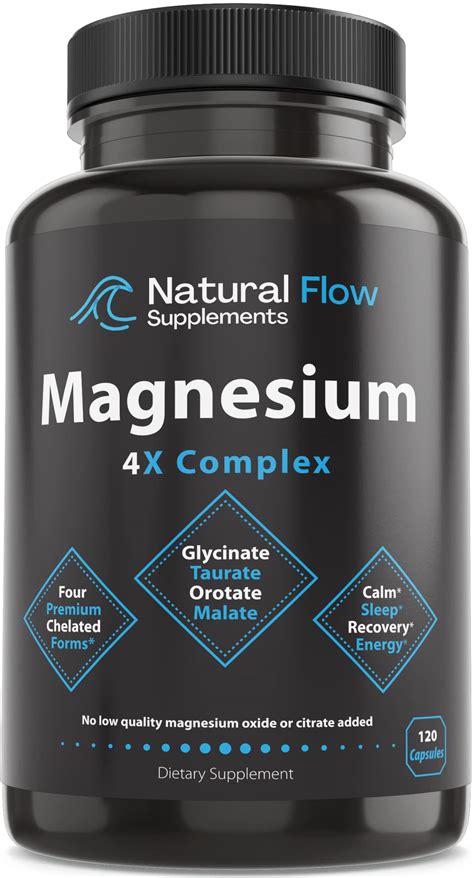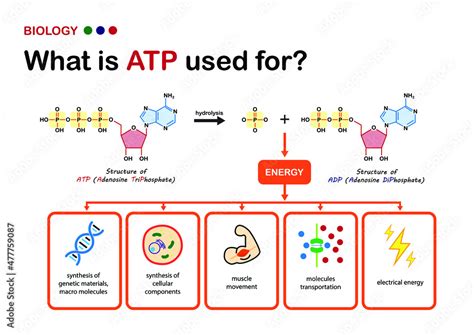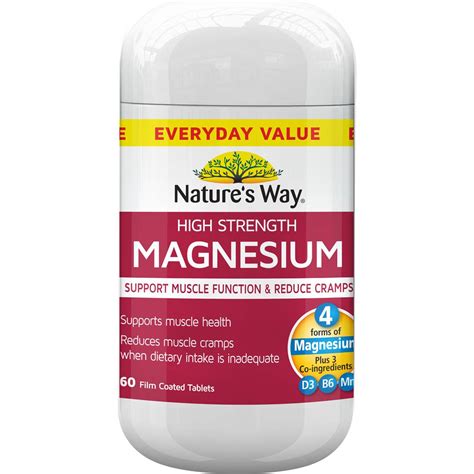What specific mineral, often found deficient in men who engage in high-intensity exercise, is crucial for muscle function, energy production, and testosterone regulation?

For men who consistently push their physical limits through high-intensity exercise, optimizing every aspect of their physiology is paramount. While protein and carbohydrates often grab the spotlight, there there’s a specific mineral that frequently goes overlooked, yet its absence can significantly hinder performance, recovery, and even hormonal balance. This vital micronutrient is often depleted in athletes due to increased demands and losses, yet it serves as a cornerstone for muscle function, efficient energy production, and the critical regulation of testosterone.
The Undersung Hero: Magnesium
The mineral in question is Magnesium. As the fourth most abundant mineral in the human body, Magnesium is involved in over 300 enzymatic reactions, influencing everything from nerve and muscle function to blood glucose control and blood pressure regulation. Its pervasive role makes it indispensable for overall health, and especially for individuals under the physiological stress of intense training.

Why High-Intensity Exercise Increases Magnesium Needs
Engaging in strenuous physical activity places a substantial demand on the body’s mineral reserves. Athletes, particularly those involved in high-intensity or endurance sports, are at a higher risk of Magnesium deficiency for several reasons. Increased metabolic activity during exercise requires more Magnesium for energy production. Furthermore, significant amounts of Magnesium are lost through sweat, and these losses can accumulate over time, especially in hot environments or during prolonged sessions. Stress, common in athletes, also contributes to increased Magnesium excretion.

Magnesium’s Crucial Roles for Active Men
Magnesium’s impact on an athlete’s body is multifaceted and profound:
Muscle Function and Recovery
Magnesium is integral to muscle contraction and relaxation. It acts as a natural calcium blocker, helping muscle cells relax after contraction. Without sufficient Magnesium, muscles can remain in a contracted state, leading to cramps, spasms, and reduced recovery. It also aids in the synthesis of protein, which is essential for muscle repair and growth.
Energy Production (ATP Synthesis)
Every cell in your body relies on adenosine triphosphate (ATP) for energy, and Magnesium is an absolute requirement for ATP synthesis. It binds to ATP, making it biologically active. This means that inadequate Magnesium levels can directly impair the body’s ability to produce energy efficiently, leading to fatigue, reduced endurance, and poorer performance during workouts.

Testosterone Regulation
For men, maintaining healthy testosterone levels is crucial for muscle mass, strength, bone density, and overall vitality. Research indicates that Magnesium plays a significant role in testosterone regulation. It helps reduce the binding of testosterone to sex hormone-binding globulin (SHBG), a protein that renders testosterone inactive. By reducing SHBG’s binding affinity, Magnesium can increase the amount of bioavailable (free) testosterone in the body, which is the form your body can readily use.
Recognizing the Signs of Deficiency
Symptoms of Magnesium deficiency can be subtle initially but become more pronounced with prolonged depletion. For active men, these may include muscle cramps or spasms, general fatigue, weakness, reduced exercise performance, poor sleep quality, anxiety, and even irregular heartbeats in severe cases. Given that many of these symptoms can be attributed to other factors, Magnesium deficiency is often misdiagnosed or overlooked.

Addressing Magnesium Deficiency: Dietary Sources and Supplementation
The best approach to ensuring adequate Magnesium intake is through a balanced diet rich in Magnesium-rich foods. Excellent sources include dark leafy green vegetables (spinach, kale), nuts and seeds (almonds, cashews, pumpkin seeds), legumes (black beans, lentils), whole grains (brown rice, oats), avocados, and dark chocolate. However, due to soil depletion, modern farming practices, and increased athlete needs, dietary intake alone may not always be sufficient.
For men engaged in high-intensity exercise, supplementation might be a beneficial consideration, especially if dietary intake is insufficient or deficiency symptoms are present. Various forms of Magnesium supplements are available, with Magnesium citrate, glycinate, and malate often recommended for their bioavailability. It’s always advisable to consult with a healthcare professional or a registered dietitian before starting any new supplement regimen to determine the appropriate dosage and form.

Conclusion
Magnesium is undeniably a critical mineral for men, particularly those who engage in high-intensity exercise. Its profound impact on muscle function, energy metabolism, and testosterone regulation makes it an indispensable component of an athlete’s nutritional strategy. Recognizing the signs of deficiency and proactively ensuring adequate intake, whether through diet or targeted supplementation, can be a game-changer for optimizing performance, accelerating recovery, and supporting overall health and vitality.








